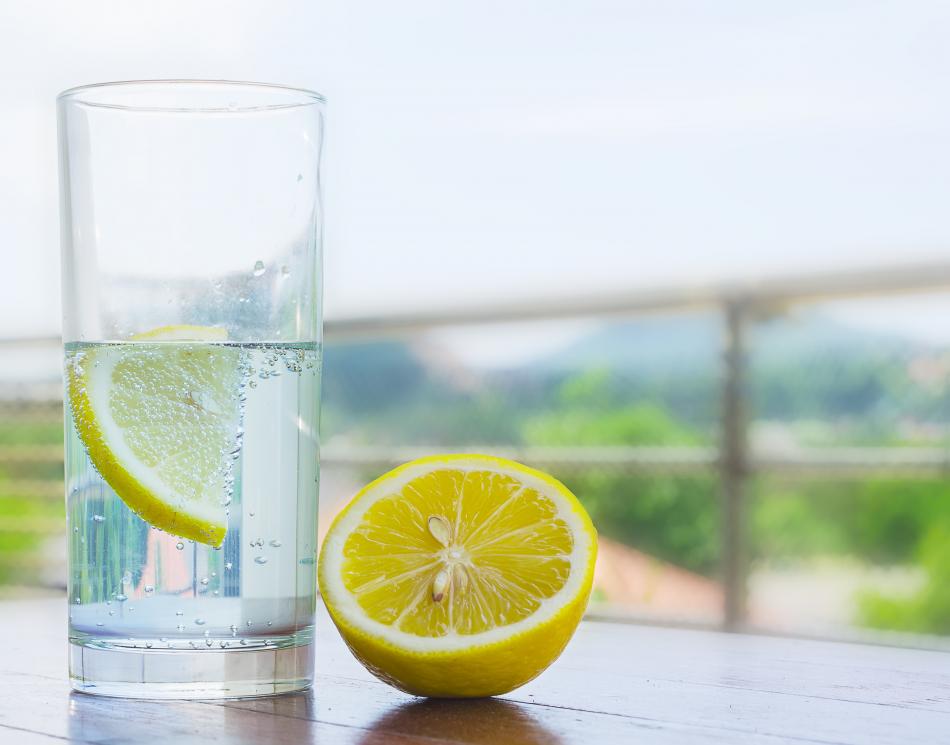Good Hydration for Wellbeing
Published in blogs by Clare Davy, 20th January 2021

Did you know that water makes up approximately 70% of the human body? In order for our bodies to function optimally, we must maintain hydration. Water is essential to so many systems in our body, such as, aiding digestion, regulating body temperature and maintaining blood volume which reduces cardiac stress. Ensuring we drink enough water will help our bodies to run smoothly and is one of the simplest ways to look after your overall health and wellbeing.
The result of insufficient hydration is dehydration. While most people have heard of the term ‘dehydration', there are still many of us who are unaware of the signs and symptoms. Dehydration means your body does not have enough water to function properly, impacting on your productivity and performance as a result of reduced cognitive abilities and reaction times. There are many causes of dehydration; it can occur:
These are just a few causes, and there are many more. It is important to remember if you are losing fluid quickly and not replacing that loss of fluid (by drinking water) then you are at risk of becoming dehydrated.
Treatment of mild dehydration is as simple as drinking more fluids. Although, avoid caffeine and alcohol as they can make you more dehydrated. If you or someone else is experiencing extreme dehydration immediate medical attention is required.
To prevent dehydration make sure you drink enough fluids, regularly throughout the day. And be sure to replace any extra fluid lost through exercise, hot weather or illness. How much water you should drink depends on many factors but the guidelines suggest you should have approximately 2 litres per day. So if you have a 600ml bottle of water you need to drink about two and a half of those full of water.
Remember by ensuring you drink enough water will help your body run smoothly and help you get the most out of your day!
© Copyright 2018 HealthyMe Digital. All rights reserved. Privacy policy